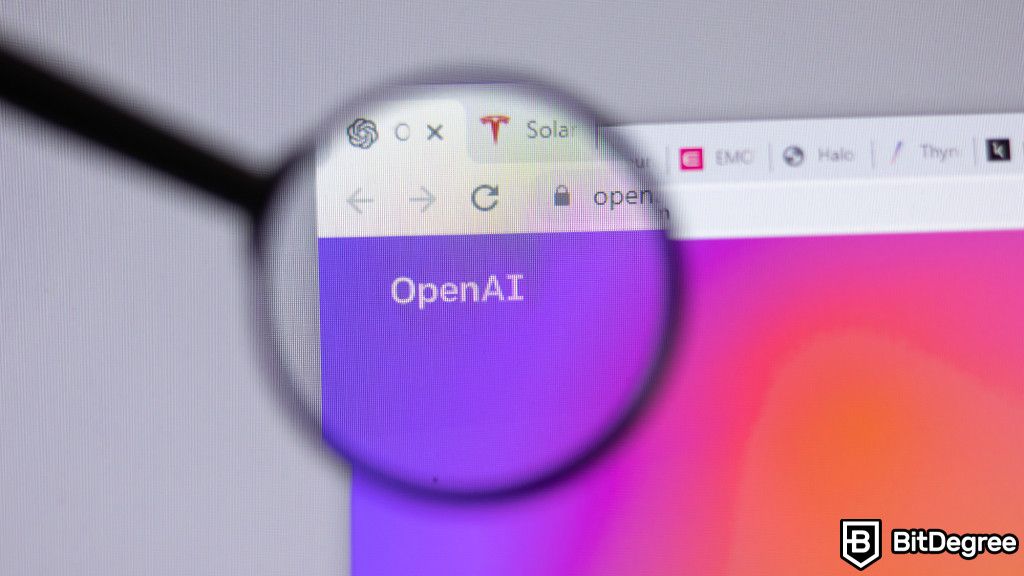OpenAI has revealed that its latest artificial intelligence (AI) model, GPT-4o, poses a “medium risk” in its potential to influence political opinions through generated text.
This assessment is part of the “System Card” report published by the company on August 8, which addresses various safety concerns associated with GPT-4o, the engine behind OpenAI’s ChatGPT service.
Notably, the model is deemed relatively secure in areas like cybersecurity, biological threats, and model autonomy, with each of these categories being labeled as low risk.
Did you know?
Want to get smarter & wealthier with crypto?
Subscribe – We publish new crypto explainer videos every week!
The “persuasion” category, however, yielded more nuanced results. While GPT-4o’s ability to influence via voice remains low risk, its capacity for textual persuasion is marked as medium risk.
It is worth highlighting that the evaluation focused on the model’s potential to sway political opinions and not on detecting any inherent biases in the AI’s output.
OpenAI’s findings show that in three out of twelve cases, GPT-4o exhibits a higher degree of persuasiveness than professional human writers.

While the AI model shows promise in generating engaging content, its potential to influence political opinions warrants careful monitoring and regulation.
In other news, OpenAI’s co-founder John Schulman exited the company to join its rival, Anthropic. This leaves only three of OpenAI’s eleven founders still with the company: CEO Sam Altman, president Greg Brockman, and head of language models Wojciech Zaremba.
Gode is a Web3 Market Analyst who researches the most important industry events and interprets how they affect the wider Web3 space. Her formal education in media culture & digital rhetoric allows her to employ a methodical approach to evaluating critical Web3 news data, including large-scale events and the wider social sentiment within the ecosystem.
Gode is a mutilingual professional, having studied in multiple universities all across Europe. This allows her to have a one-of-a-kind opportunity to analyze Web3 social sentiments spanning different cultures and languages and, in turn, develop a much deeper understanding of how the Web3 space is growing within different communities. With the rest of her team, Gode works to identify crucial crypto news patterns and provide unbiased and data-driven information.
Gode’s passions include working and communicating with people, and when she’s not researching Web3 news, she spends her time traveling and watching true crime documentaries.




